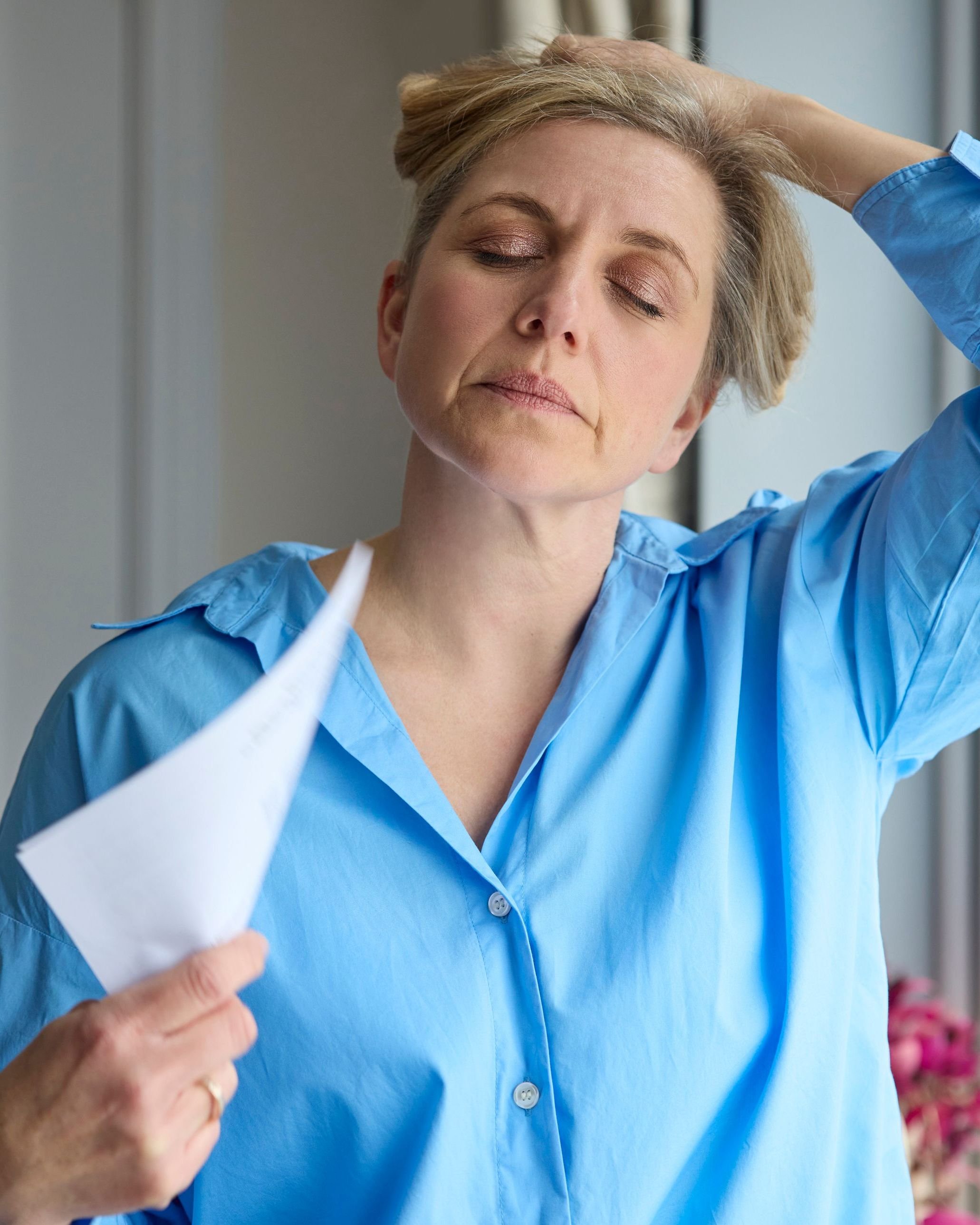Menopause Therapy
The symptoms of both perimenopause and menopause impact us all in different ways and to varying degree. Whether physical or mental, they can have a significant impact on daily life including relationships, social life, family life and work.
The Menopause
Cognitive Behavioural Therapy
Many women ask me ‘is it possible to treat menopause symptoms without HRT?’. The answer is YES. It is now acknowledged by not only our own NHS but across the wider medical world that Cognitive Behavioural Therapy (CBT) can help limit the impact of numerous key symptoms - both mental and physical.
“It is well recognised that menopause care should be individualised as is emphasised, and so it is essential that women are aware of all treatment options. Greater emphasis on the importance and effectiveness of CBT is well placed, along with clear balancing of benefits and risks of HRT”
“CBT was found to reduce the frequency and severity of hot flushes and night sweats and should be considered alongside or as an alternative to HRT, the draft guidance says.
It was also found to help sleep problems related to menopause, including, how long it takes to fall asleep and how long before waking”
What is CBT?
For too many years women have had limited choice in terms of treatment through the menopause. Indeed treatment has been largely restricted to Hormone Replacement Therapy (HRT). Whilst medication, such as HRT, can be helpful, none come without risks or side effects. As a non-medical, natural treatment option, CBT has become established as a safe choice in limiting the array of menopause related issues.
CBT is a talking therapy that can help you manage your problems by changing the way you think and behave. It is based on the concept that your thoughts, feelings, physical sensations and actions are interconnected, and that negative thoughts and feelings can trap you in a negative cycle.
Unlike many talking therapies, CBT deals with your current problems, rather than focussing upon issues from your past. It aims to help you deal with overwhelming problems in a more positive way, changing negative patterns to improve the way you feel. The approach is acknowledged not only to be an effective way of treating emotional symptoms but also managing the impact of physical issues through the use of coping strategies. For this reason it is increasingly seen as a positive treatment for menopause symptoms.
What symptoms can be helped?
The menopause impacts upon women in different ways and to different degrees. Whilst many will be fortunate enough to navigate this stage of life without problems, for others it can be immensely painful - both emotionally and physically. Symptoms may last months or years; they may change with time, some improving whilst new issues arise.
Typically, therapeutic support might be considered a suitable option for the management of:
Anxiety
Sleep Management / Insomnia
Night Sweats
Hot Flushes
Low Self Esteem
Mood Swings
Depression
Additional Menopause Specific Training
CBT for Menopause Symptoms (British Menopause Society)
Confidence in the Menopause (Newson Health)
Working with the Menopause in Therapy (Brighton Therapy Partnership)
Certificate in Menopause Support
Understanding Anxiety Disorders and Supportive Strategies



